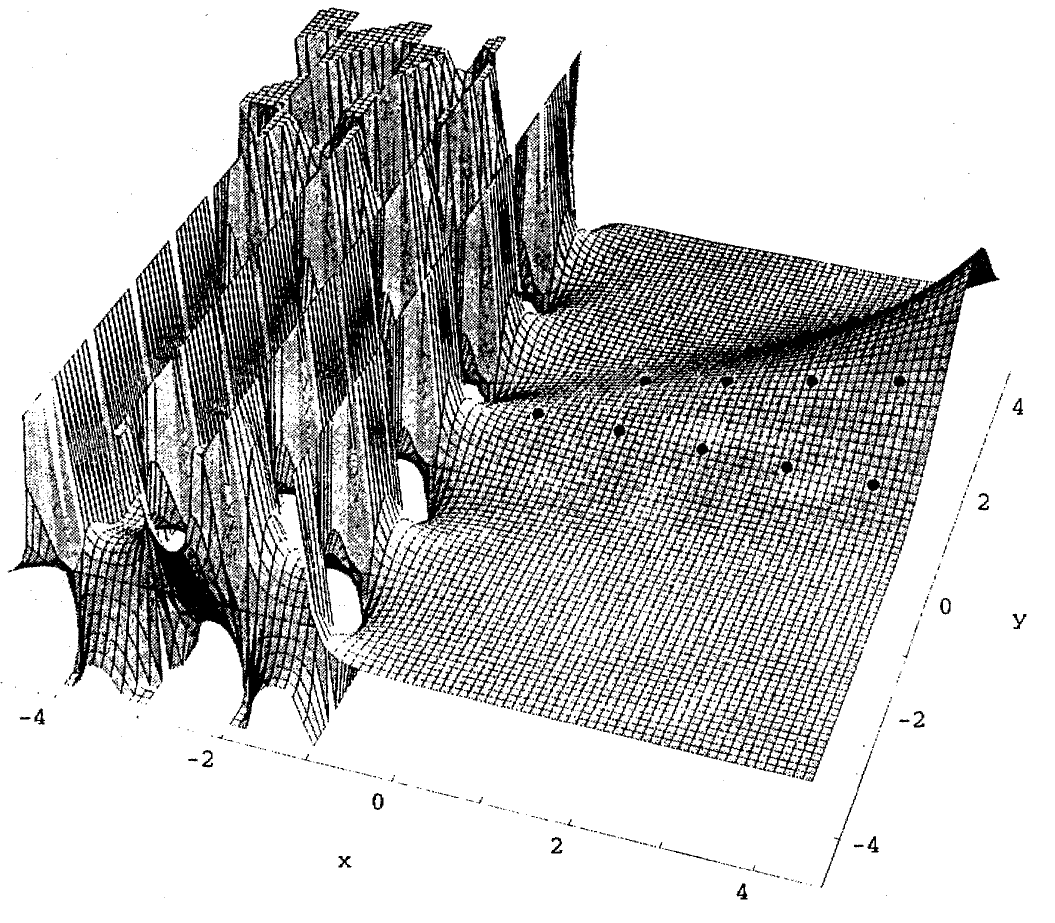Binomial coefficient
The binomial coefficient ${n \choose k}$ are defined for non-negative $n$ and $k$ by the formula $${n \choose k} = \dfrac{n!}{(n-k)!k!},$$ where $n!$ denotes the factorial. More generally, if $\alpha \in \mathbb{C}$ we define the (generalized) binomial coefficient by $${\alpha \choose k} = \dfrac{\alpha^{\underline{k}}}{k!},$$ where $\alpha^{\underline{k}}$ denotes the falling factorial.
Properties
Binomial theorem
Binomial series
Binomial coefficient (n choose k) equals (n choose (n-k))
Binomial coefficient (n choose k) equals (-1)^k ((k-n-1) choose k)
Binomial coefficient ((n+1) choose k) equals (n choose k) + (n choose (k-1))
Binomial coefficient (n choose 0) equals 1
Binomial coefficient (n choose n) equals 1
Sum over bottom of binomial coefficient with top fixed equals 2^n
Alternating sum over bottom of binomial coefficient with top fixed equals 0
Videos
Pascal's Triangle and the Binomial Coefficients
Example of choose function (Binomial Coefficient)
Binomial coefficients
References
- 1964: Milton Abramowitz and Irene A. Stegun: Handbook of mathematical functions ... (previous) ... (next): $3.1.2$
- The Binomial Coefficient Function
